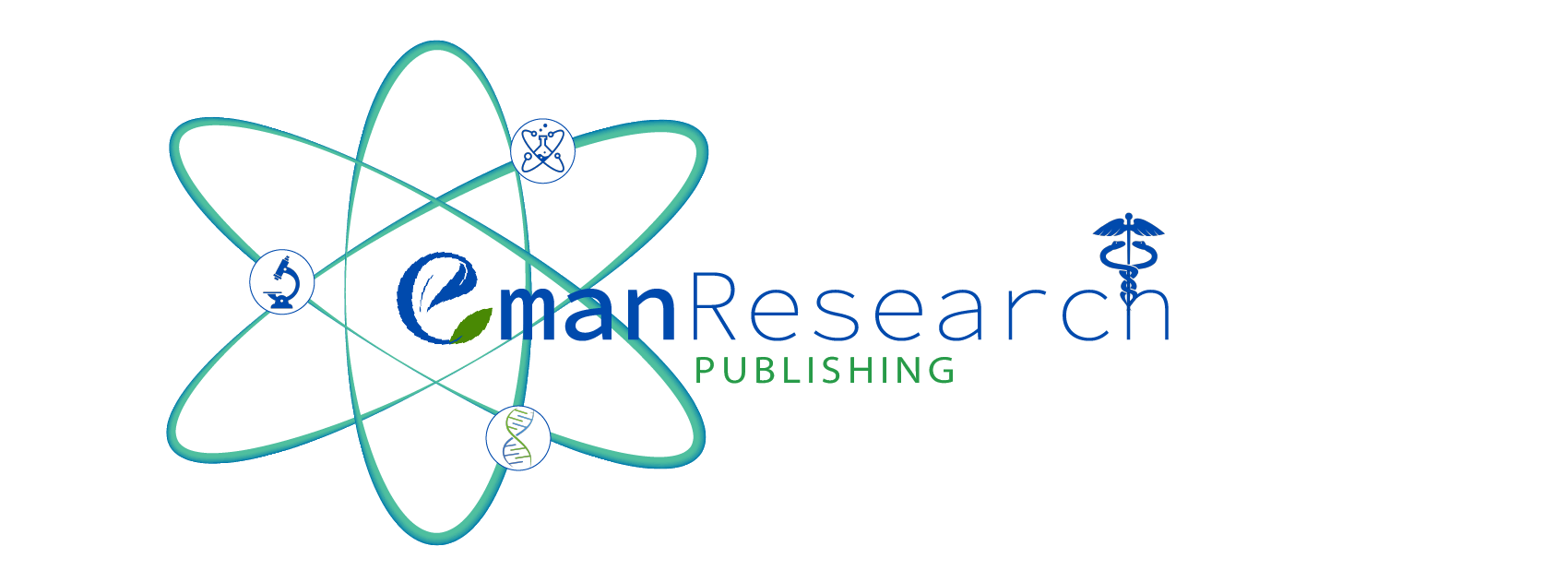Exploiting New Cancer Drug Targets that Drive Drug Resistant and Metastatic Disease
Prof. Dr. Andrew D Westwell
Journal of Angiotherapy 6(3) 708-709 https://doi.org/10.25163/angiotherapy.6310C
Submitted: 24 December 2022 Revised: 24 December 2022 Published: 24 December 2022
Abstract
Continuing progress in the field of cancer therapeutics will require the development of novel agents against previously unexplored drug targets driving resistant and metastatic disease. In a collaboration between the School of Pharmacy and the European Cancer Stem Cell Research Institute at Cardiff University (Wales, U.K.), we have focused on drug discovery against the transcription factor complex protein Bcl3. As an emerging cancer drug target, driving cancer hallmarks in diseases of unmet medical need such as metastatic colorectal cancer, Bcl3 is ripe for therapeutic exploitation (Legge et al. 2020). We have used computational drug design methods to virtually screen for inhibitors at the interface between Bcl3 and partner protein p50. This has led to the identification of a hit compound (JS6) demonstrating on-target anti-metastatic and growth inhibitory activity within a range of preclinical in vitro and in vivo models (Soukupova et al. 2021). Development of a preclinical lead compound suitable for daily oral administration and with a wide therapeutic window will be described further, alongside plans for first-in-class clinical trials of a novel small molecule Bcl3 inhibitor.
References
Legge et al. (2020). The role of B-Cell Lymphoma-3 (BCL-3) in enabling the hallmarks of cancer: implications for the treatment of colorectal carcinogenesis. Carcinogenesis, 41, 249-56.
Soukupova et al. (2021). The discovery of a novel antimetastatic Bcl3 inhibitor. Mol. Cancer Therap. 20, 775-86.
View Dimensions
View Altmetric
Save
Citation
View
Share


